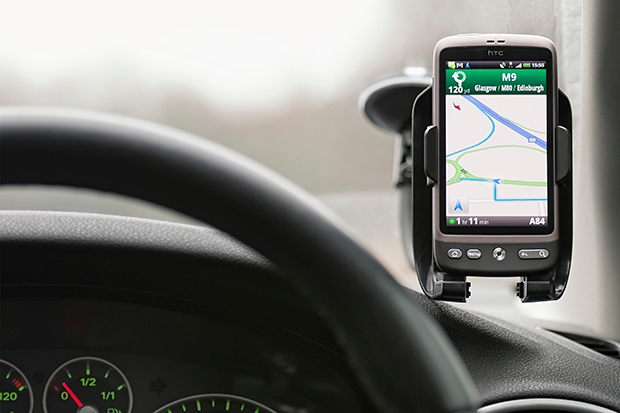A once famous question posed to job-seekers at Microsoft was ‘Why are manhole covers round?’ The question was revealing not because there was a single right answer, but precisely because there wasn’t. It helped elicit whether the applicant was someone happy to supply one plausible answer or someone who looked beyond the obvious.
At a simple level, manhole covers are round because manholes are round. But there are other reasons. A circular manhole cover cannot fall down the hole beneath; a square manhole, if aligned diagonally, could. Round manhole covers can also be moved easily by rolling and replaced in any orientation. They are probably stronger than square ones. And so on.
Equally good is the question asked of economics students by Professor Robert Frank at Cornell. ‘What happens to the price of pork if the price of pig-feed rises dramatically?’
Counterintuitively, in the short-term it would fall. This is because farmers would stop fattening up more mature pigs and release them to market earlier, causing a temporary pork glut. Now the EU has kindly given us material for an even better question. It has mandated that from 2022 new cars be fitted with speed-limiting technology. An on-board video camera can recognise speed limit signs and, in conjunction with GPS-linked speed limit data, enact a system that actively limits the vehicle’s speed.
It would make a very revealing interview question: ‘How might this technology be used intelligently and how, if badly implemented, might it be dangerous?’ Bonus marks (as with the pig-feed) for anyone who suggested that the short- and long-term effects might be different.
In defence of the EU, it has simply mandated (for now) that the technology be installed, not how it is deployed. It may (for now) allow drivers to override it when overtaking. But potential problems remain.
For one thing, while the motorway speed limit in Britain is a de jure 70 mph, it is accepted that cars can travel a bit faster in the middle and third lanes. If cars are forced to travel in parallel at the same speed, it will make lane-changing far more difficult, and traffic density might become highly uneven. The risk of road rage will increase enormously, since people will be forced to travel for long periods in proximity to the same tailgating middle manager in an Audi.
But a bigger risk is that drivers will lose (or never acquire) instinctive speed judgment, since they will adopt the default of driving at the maximum speed their car allows, regardless of road conditions.
This is a variant of ‘fence theory’. When rules are imposed centrally, everyone outsources judgment to the central authority, losing the skill, experience and safety-in-diversity that arises from individuals exercising instinctive judgment, learning from small individual mistakes rather than big collective ones.
If ‘fence theory’ sounds theoretical and contrived, the effects are anything but. It may even explain the 2008 financial crash, the absurdly high prices of domestic housing and the grotesque bubble in higher education. When rules on what you can borrow or risk are set centrally, the default behaviour is to sail as close to the wind as regulation allows.
So every bank took on equal amounts of risk, meaning they all collapsed simultaneously. Every housebuyer borrowed as much as they were allowed, meaning house prices soared; and now that the maximum tuition fee loan is £9,250 a year, every degree course takes three years and costs £27,750. If fence theory isn’t true, that’s an astonishing coincidence, isn’t it?







Comments